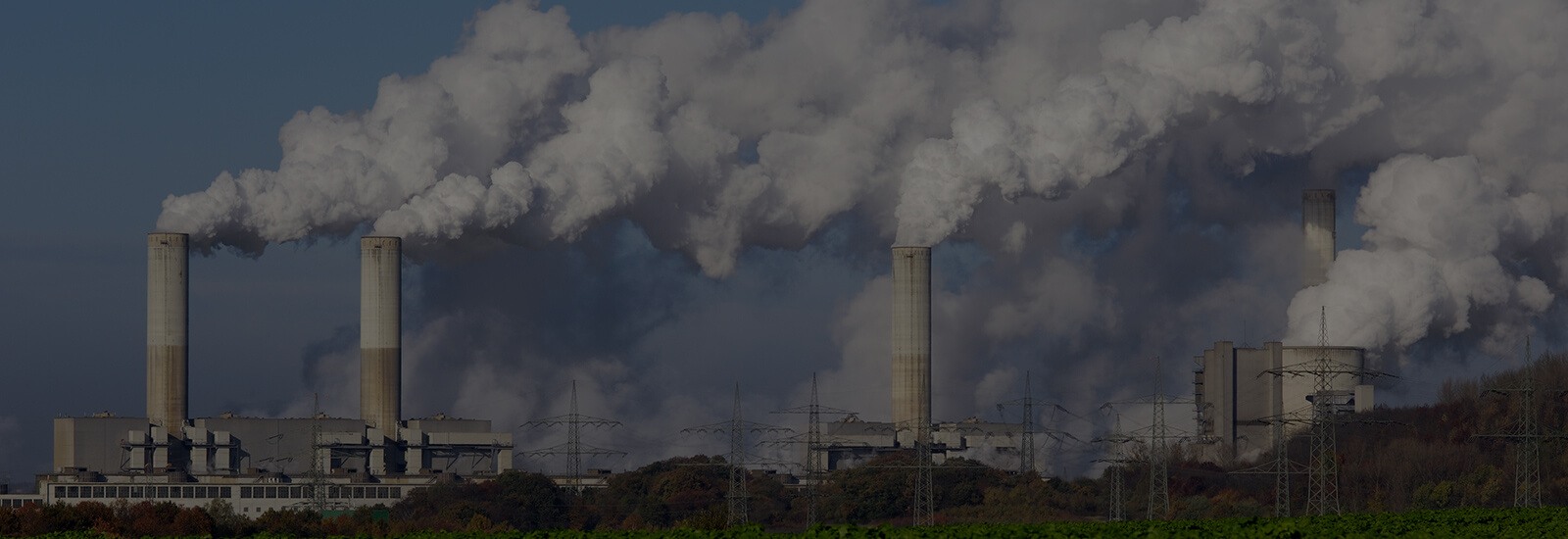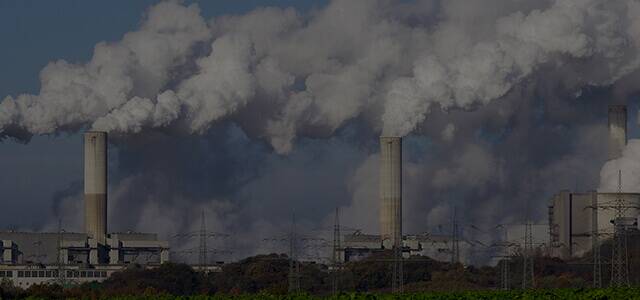What is pollution allergy?
Whether you live in a busy city, outskirts, or the countryside,
air pollution is something that we all encounter at one point or another. The
robust industrial development and rapidly increasing number of vehicles on the
road have made it even more difficult for one to escape pollution. High
concentration of chemicals such as Nitrogen Dioxide, Sulphur Dioxide, and diesel
exhaust particles from motor vehicles and factories pollute our air every day. A
recent WHO study found that an astounding 9 out of 10 people on Earth breathe
highly polluted air. India is among the most polluted countries in the world. In
fact, out of the 10 most polluted cities in the world, 9 are in India.
While these pollutants are already harmful to people breathing it, it is far
worse for people with environmental allergies like air pollution allergy to
handle it.
Moreover, these air pollutants have also been known to aggravate the
allergenicity of certain pollens as they are capable of dispersing pollen
allergens into even smaller fractions. This not only affects a person with
pollution allergy but also a person suffering from pollen allergy
What are the triggers and causes of air pollution allergy?
With a rapid rise in urbanization, industrialization and the resultant lifestyle changes, air pollutants have been on a steep rise leading to an increase in the number of allergies caused by air pollution as well.
A number of outdoor air pollutants or ‘irritants’ are causes of pollution allergy in people including –
- Cigarette smoke
- Perfume
- Aerosol sprays
- Discharge from vehicles
- Industrial and energy supply
- Emissions from factory chimneys
- Dust particles
- Pollen
- Agricultural particles and insecticides
- Smog
- Acid rain
The effects of air pollution on human health are excruciatingly humongous. A
shocking 7 million people die prematurely every year from air pollution
worldwide. Hence, it becomes important to be aware of air pollution causes and
effects and remedy the same.
How do you identify pollution allergy symptoms?
Those who only suffer from an allergy due to pollution can experience itchiness, scratchy throat, runny nose, sneezing and watery eyes. But for those who suffer from other airborne allergies, especially pollen, the symptoms may intensify and might require medical assistance.
The effects of pollution show the same symptoms in an allergic person as other outdoor allergies,
which
is why it may get a bit tough to determine which kind of allergy a person might
be suffering from. It is best to visit an allergist to seek assistance on the
same.
What are some serious diseases caused by pollution allergy?
Air pollution is a major environmental risk to health and has been on an exponential rise, giving rise to several air pollution diseases as well. Air pollution allergy gives rise to allergic respiratory disease and a number of other pollution related diseases.
Here’s a list of diseases caused by air pollution –
- Heart diseases
- Lung cancer
- Aerosol sprays
- Asthma
- Stroke
- Chronic inflammation of the airways
The harmful effects of air pollution are serious – one third of deaths from stroke, lung cancer and heart disease are a result of air pollution.
Moreover, an allergy to air pollution can cause allergic rhinitis, a condition that has been affecting up to 40% of the worldwide population.
In fact, as per a study, 1 in 2 people will suffer with allergies across the globe by 2050.
What is the best air pollution allergy treatment?
Like in the case of other allergies, the best way of air pollution management is preventing your exposure to air pollutants. While that may not be entirely possible, you can follow some pollution allergy remedies to limit your exposure to those irritants.
You may want to consider the following prevention remedies of air pollution –
- It is recommended that you wear a disposable face mask, especially while travelling in heavy traffic
- Avoid smoky rooms or zoneser
- If you smoke, the ideal way to help those suffering from allergies is to give up
- Keep windows closed to prevent pollutants from getting inside and use an AC to clear the air inside your room
- Avoid using strong perfumes and ask your friends/family to do the same, especially during times when those suffering are most likely to be hypersensitive
- You can also opt for non-sedative antihistamines to treat your allergy, but kindly consult your doctor for the right prescription
- Keep your windows closed to avoid polluted outdoor air from coming inside your house
- Keep nasal sprays handy to ease allergic symptoms and decongest blocked nasal passages
- Practice good hygiene

Yes, you can be allergic to pollution. With the increase in urbanization and industrialization, air pollution has been on a rise. Correlatively, cases of air pollution allergy have also shot up. In fact, air pollution alone causes allergic rhinitis in 40% of the world population.
Air pollution is one the major factors associated with the development of chronic allergic respiratory diseases in people and has also been shown to impair lung development in children and adolescents. Hence, already harmful bad air quality can be furthermore detrimental to the health of an allergic person.
Exposure to air pollutants and irritants can cause a variety of diseases, problems and allergies in people like asthma, allergic rhinitis, chronic obstructive pulmonary disease, inflammation of the airways, lung cancer, heart diseases and even strokes.
Air pollution effects on respiratory system are extremely detrimental. Allergic respiratory disease, which includes allergic rhinoconjunctivitis and asthma, are one of the major effects of air pollution.
Like with other allergies, there is no cure to pollution allergies. Your best bet is to reduce your exposure to air pollutants, so your allergies are not triggered. If your allergies do get triggered, you can opt for non-sedative antihistamines or nasal sprays in consultation with your doctor.
Yes, itching is one the symptoms of air pollution.
Air pollution is one of the biggest factors that cause allergic rhinitis in allergic people.
Yes. With the increase in urbanization and industrialization, air pollution has been on a rise. Correlatively, cases of air pollution allergy have also shot up. In fact, air pollution alone causes allergic rhinitis in 40% of the world population..
The symptoms of environmental allergies are similar to the symptoms of other allergies such as runny nose, sneezing, wheezing, shortness of breath, itching, headaches, fatigue and even aggravation of asthmatic symptoms in asthma patients.
Unfortunately, there is no cure for allergies. The most efficient way to dealing with environmental allergies is by preventing your exposure to those allergens..
Face masks limit your direct exposure to pollutants in the air to a great extent and hence, recommended for an allergic person to wear when heading out of the house.
One of the most essential things to consider before buying an anti-pollution mask is to determine the effectiveness of the mask. Masks with N95, N99, N100, P95 or P100 filters are highly effective in terms of filtering pollutant particles. The higher the number, the more effective it is.
It’s even better if the mask has carbon filters to absorb gases, chemicals, odours, bacteria and viruses.
Another very important factor to consider is fitting of the mask. An ill fitted mask can result in unfiltered air entering from the sides or loose ends of the mask.
Motor combustion fuels are the biggest cause for outdoor air pollution and growth of cells that lead to high allergic risk with diesel particles accounting for 90% of airborne particle matter in the world’s largest cities. Other causes of outdoor air pollution are industrial and energy supply, tobacco smoke, dust particles, perfumes, insecticides, smog, etc.

